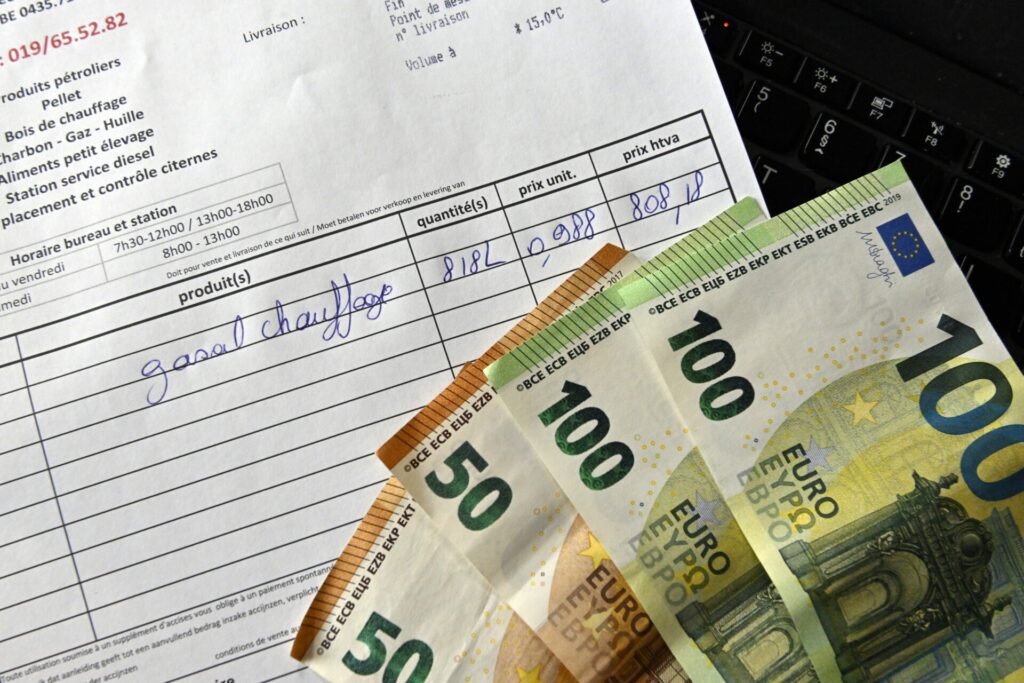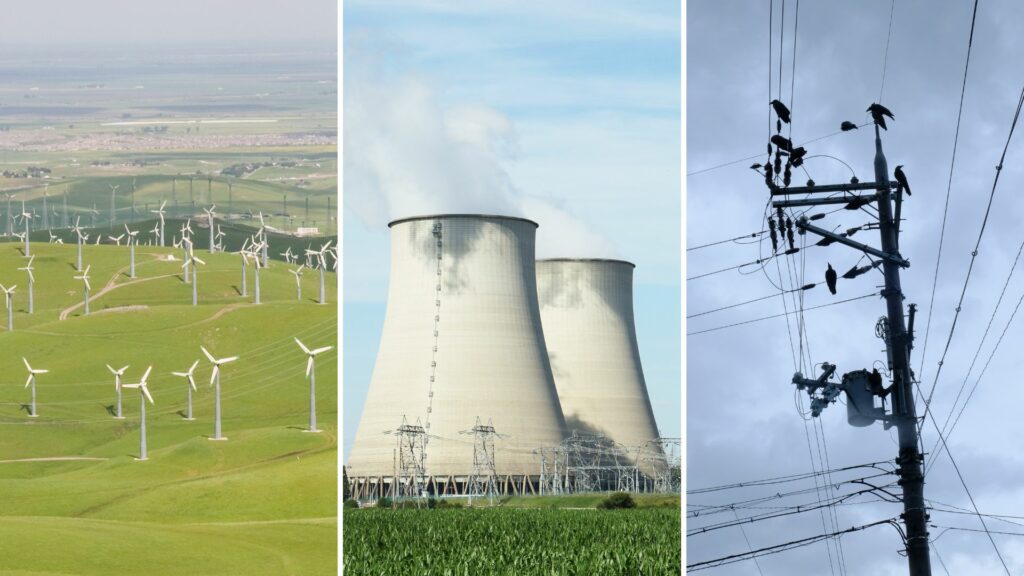Energy bills are complicated – very. For gas that we use in homes or petrol in vehicles, an elementary understanding of supply and demand can largely explain the mega rise in prices on this front. The war in Ukraine, limited Russian supply, and booming global demand post-Covid don't provide much detail, but together this sketches a general picture of why gas costs so much.
Not so for electricity. Unless you've got your own energy source, you depend on a grid to keep the lights on. In comparison to piping gas to households, the logistics of electricity require much tighter management. Because whilst a surplus of gas can be stocked for later, the same doesn't go for direct power – produce too much and the grid risks overloading; produce too little... blackout.
Balancing the supply of electricity across an entire country (and now across national borders) requires a complex and precise regulation structure that operates quite differently to other markets. To respond to the immediate need for electricity each time a switch is flicked, suppliers look to a spot market – which provides prices in real-time to reflect the instant need for electricity.
But this alone doesn't explain the high cost of electricity. With a growing share of low-cost energy sources (renewables in particular have minimal costs after the initial investment), you would be right to wonder why electricity is also so exorbitant – almost €2,000 for an average consumption of 3,500 kWh over the course of this year. You might have heard that the cost of electricity is fixed to the cost of gas. But why?
Different energy sources have different production costs. Renewables are typically the cheapest, followed by nuclear and then fossil fuels (coal and gas). But the cost of fuel doesn't only depend on the source substance (nothing for renewables, relatively minimal for nuclear); there is also a carbon tax that increases greatly if the fuel is more polluting. This also means that renewables and nuclear (which doesn't emit CO2) are vastly cheaper sources than fossil fuels.
By fixing the price of electricity to the most expensive energy source feeding the national grid, the spot market is designed to ensure that demand is met by both the cheapest energy source, which is also the least polluting. As soon as a more expensive fossil fuel is part of the energy mix, the prices of all cheaper sources rise. Importantly, this allows operators of sources such as renewables or nuclear to make a profit on their product which, logically, would be invested in greater capacity so that demand can (in theory) be met by cheaper and less polluting sources. The cheaper the energy source, the greater the profit.
It's a clever design that in normal conditions incentivises a cleaner energy source. But with renewables dependent on the weather and therefore unreliable, and Belgium's nuclear capacity being cut down right at the moment when we need it most, we find ourselves dependent on fossil fuels to make up the electricity shortfall.
The drastic reduction in Russian (and also Norwegian) gas supplies has driven up the cost of gas and exposed the limits of the system. So long as the EU doesn't have energy sovereignty, the cost of energy becomes extremely volatile. This can be mitigated by state intervention but at the expense of the public purse.
It takes time to build new energy infrastructure, and that's not going to solve today's problems. Should Belgium rethink its nuclear exit?
Let @Orlando_tbt know.
Belgium in Brief is a free daily roundup of the top stories to get you through your coffee break conversations. To receive it straight to your inbox every day, sign up below:
1. Schuman metro stabbing: Suspect had already been in psychiatric care three times
The 30-year-old man who stabbed three passengers in Schuman metro station in Brussels' European Quarter on Monday evening and was arrested for attempted murder had already been admitted to a psychiatric care institution three times. Read more.
2. Belgians pay €500 more for electricity than in neighbouring countries

Credit: Eric Lalmand / Belga
Belgians are currently paying significantly more for electricity than households in neighbouring countries, a recent study by the Belgian Federal Commission for Electricity and Gas Regulation (CREG) has found. Read more.
3. Stoofvlees: Belgium's favourite dish?
If it looks like goulash but doesn't quite smell or taste like goulash, then if you're in Belgium there's a fair chance that what you're eating isn't actually goulash but, rather, its distant Flemish cousin: stoofvlees, otherwise known as stoverij or, in French, carbonade flamande. Read more.
4. There will be twice as many Flemish people as Walloons by 2070
Due to the reduced life expectancy and birth rates of those living in Wallonia and Brussels, in comparison to those who live in Flanders, there are expected to be significantly more Dutch-speakers in Belgium than French speakers by 2070, RTL Info reports. Read more.
5. Bring out your dead, says Waterloo historian
Historians should be ready to work with members of the public who have hoarded human remains from the battlefield of Waterloo for decades – even if, in doing so, they may have acted illegally. Read more.
6. Flemish minister proposes equipping civil servants with air guns
Flemish Finances Minister Matthias Diependaele said on Sunday that he was in favour of arming officials from the Flemish Tax Administration (Vlabel) with air pistols during their financial checks. Read more.
7. Today in History: Belgium acknowledges role in assassinating Congolese leader Lumumba
On this day, 5 February 2002, the Belgian State acknowledged its responsibility for the assassination of Patrice Lumumba, the first Prime Minister of the Democratic Republic of Congo (DRC) after its independence from Belgium's colonial rule – over 40 years after the fact. Read more.

